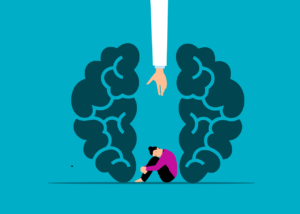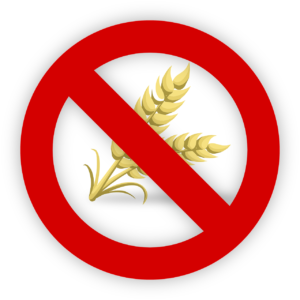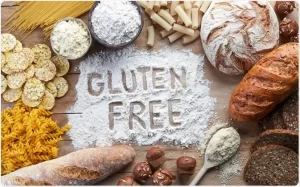The Most Powerful Ways to Increase Autophagy
Introduction: Decoding Autophagy and Its Marvels
Autophagy, a captivating biological phenomenon constantly at play within our bodies, serves as a complex cleaning mechanism akin to a high-tech junkyard with an accompanying recycling unit. In this article, we delve into the intricacies of autophagy, exploring its triggers, the duration required to activate it, and its profound impact on our health.
Understanding Autophagy: A Self-Cleansing Mechanism
Autophagy, at its core, is the process through which our body consumes and transforms internal debris into valuable resources. Picture it as an intricate recycling system, ridding the body of damaged proteins that trigger inflammation. Additionally, autophagy addresses issues like damaged organelles and clears out pathogens such as bacteria, fungus, mold, and viruses – all potential instigators of inflammation.
Autophagy's Anti-Aging Magic: More Than Just a Cleanup Crew
Beyond merely cleaning up cellular waste, autophagy plays a pivotal role in rejuvenation. It not only provides raw materials for building new cells but also serves as a crucial energy source when needed. Dubbed the body's anti-aging cleaning system, autophagy emerges as a powerful force in maintaining optimal health.
Initiating Autophagy: The Path to Cellular Renewal
To induce significant autophagy, depleting energy reserves becomes imperative. However, two formidable adversaries can swiftly halt this process – sugar and excessive protein intake. The presence of substantial calories, especially from these sources, inhibits the recycling of proteins, hindering the full potential of autophagy.
Navigating the Autophagy Paradox: Balancing Act for Health
While autophagy stands as a robust defense against diseases, a paradox emerges in its relationship with cancer. Autophagy, designed to protect against diseases, can paradoxically support cancer growth if the body succumbs to this devastating condition. Research is underway on autophagy-inhibiting drugs like hydroxychloroquine, offering potential anti-cancer therapies with, of course, associated side effects.
Strategies to Optimize Autophagy: Fasting as the Ultimate Catalyst
The single most potent trigger for autophagy lies in fasting. By depriving the body of excess calories, fasting compels efficiency, prompting the recycling of damaged proteins. The duration of fasting is crucial; 18 hours initiates autophagy, while 48 to 72 hours intensifies its effects. Pairing fasting with a low-sugar, low-carbohydrate diet accelerates the process, maximizing the benefits of autophagy.
Fine-Tuning Autophagy: Diet and Exercise Integration
Moderating protein intake, engaging in consistent intermittent fasting (preferably 18-20 hours), and incorporating regular exercise amplify the effects of autophagy. Striking a balance between aerobic and resistance training caters to different aspects of metabolism, ensuring a holistic approach to cellular rejuvenation.
Pro Tips: Enhancing Autophagy for Optimal Results
- Reducing Carbs: Minimize carbohydrate intake to further enhance autophagy.
- Moderate Protein Consumption: Opt for a moderate protein diet to facilitate efficient autophagy.
- Phytonutrients and Adaptogens: Certain plant-based compounds, found in coffee, tea, green tea, berberine, ashwagandha, and select mushrooms, induce a stress response, triggering autophagy.
Navigating the Anti-Autophagy Terrain for Cancer Prevention
In the context of cancer, inhibiting autophagy becomes crucial. Natural inhibitors such as stony sponge, apigenin, curcumin, black cumin seed, thunder of GodVine, and retinol (active vitamin A) are under scrutiny. Balancing these inhibitors with a reduced sugar diet creates a comprehensive strategy against cancer, aligning with the age-old wisdom that prevention is better than cure.
Conclusion: Unleashing the Healing Potential of Autophagy
In harnessing the power of autophagy, a delicate equilibrium must be maintained. While it serves as a guardian against diseases and aging, its dynamic nature requires careful navigation. Embracing a lifestyle that incorporates fasting, mindful eating, and exercise emerges as a formidable strategy to unlock the full potential of autophagy, fostering a state of optimal health and well-being.






